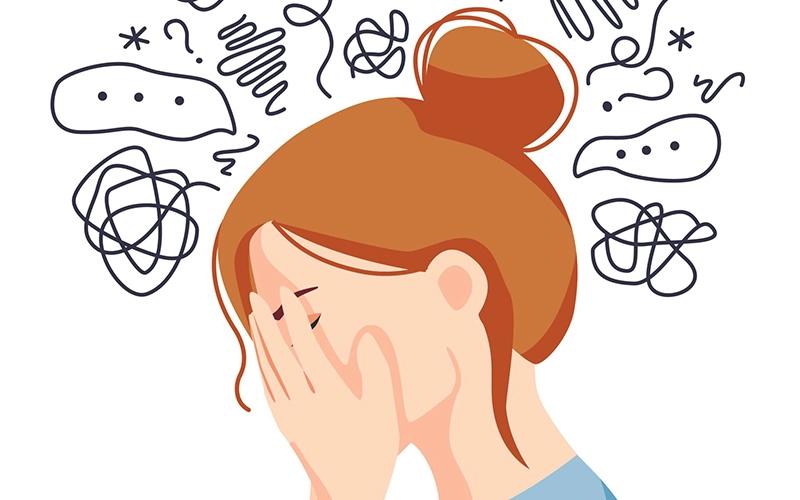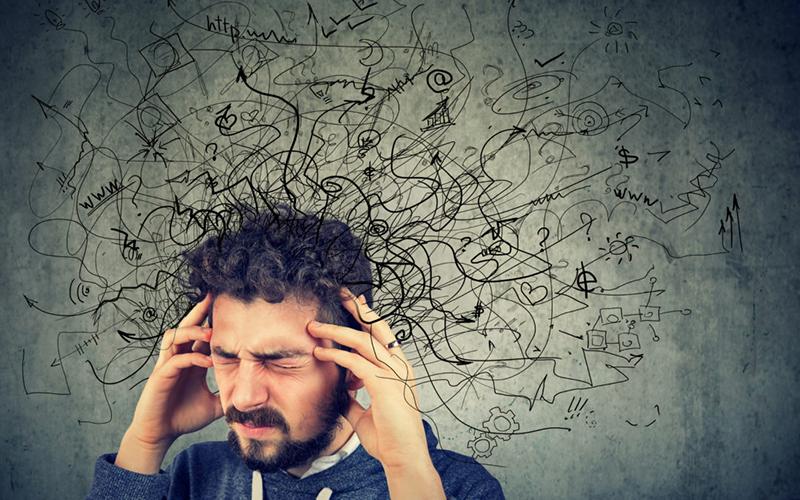Why Is Socializing So Hard for Me? Exploring Social Anxiety
Social anxiety, also known as social phobia, is a common mental health condition characterized by an intense fear of social situations. It can manifest as a fear of being judged, embarrassed, or humiliated in front of others. While everyone experiences some level of anxiety in social settings, those with social anxiety disorder (SAD) face debilitating fear that can significantly impact their daily lives.
The Roots of Social Anxiety
Social anxiety often stems from a combination of genetic, environmental, and psychological factors. Individuals may have a predisposition to anxiety due to their family history, or they may develop it after experiencing negative social events, such as bullying or public humiliation. Additionally, cognitive patterns, like excessive self-consciousness and negative self-evaluation, can contribute to the persistence of social anxiety.
Common Symptoms and Situations
People with social anxiety often experience physical symptoms such as sweating, trembling, and a rapid heart rate in social situations. These symptoms may occur in specific contexts, like public speaking or meeting new people, or in more generalized settings. Avoidance behaviors, such as steering clear of social events or minimizing interactions with others, are also common.
The Impact of Social Anxiety
Social anxiety can have far-reaching effects on a life. It can hinder personal relationships, career opportunities, and overall quality of life. For example, individuals with social anxiety may struggle to form friendships, advance in their careers, or participate in everyday activities like shopping or attending social gatherings. Over time, this can lead to feelings of isolation, depression, and low self-esteem.
Coping Strategies and Treatment
Managing social anxiety often involves a combination of cognitive-behavioral therapy (CBT), medication, and self-help strategies. CBT helps individuals challenge and change negative thought patterns, while medications like SSRIs can reduce symptoms of anxiety. Additionally, gradual exposure to feared social situations and practicing relaxation techniques can help individuals build confidence and reduce their anxiety.
Conclusion
Understanding and addressing social anxiety is crucial for improving quality of life. By recognizing the signs and seeking appropriate support, individuals can learn to manage their anxiety and engage more fully in social activities. If you have ever wondered about your own social comfort levels, taking a social anxiety assessment can provide valuable insights and help you take the first steps toward managing your anxiety effectively.



